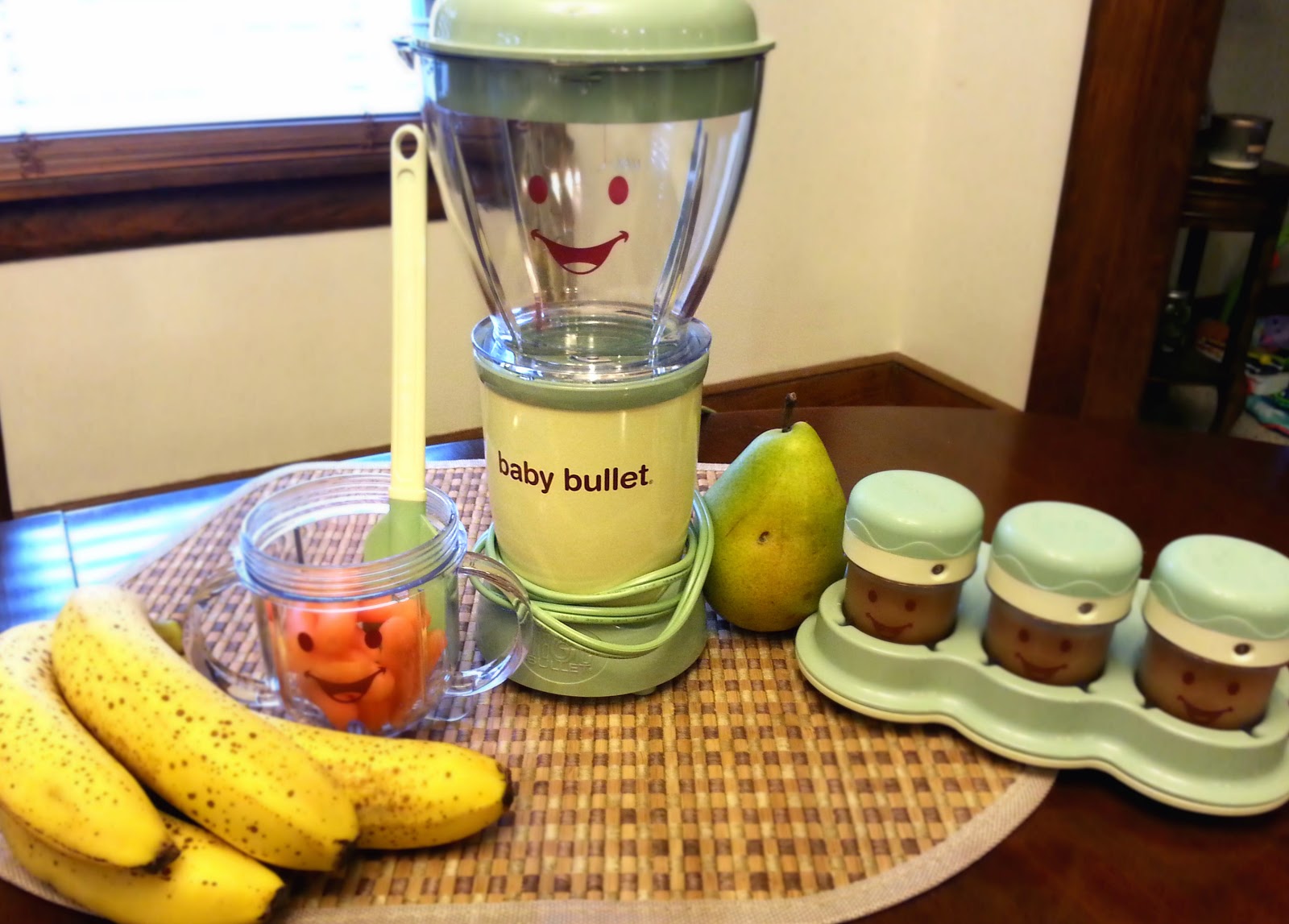Your body, we only get one, it’s our driving source, our identity, it’s who we are. We both like to think of ourselves as being health conscious when it comes to the foods we put in our bodies. Since our little man is now exploring a whole new world when it comes to food, the choices we make as parents about what goes into his little body is important to us. We recently broke out the baby bullet and have been making all of his baby food. We understand this may not be an option for everyone, and that’s perfectly fine. It’s important to go with what works for you and what you decide is best as a parent. If you would like to hear more about our baby food experience please visit our Parenthood page. With more buzz about organic vs non-organic we wanted to explore this topic a little more and share some of our thoughts with you.
What is organic? In a nutshell, organic has to do with the way farmers grow and process their products. For instance, organic farming is designed to encourage soil and water conservation and reduce pollution. Farmers who grow organic produce and meat don’t use conventional methods to fertilize, control weeds, or prevent livestock disease. These farmers use alternative methods rather than a quick fix of using chemicals or giving their livestock growth hormones. Organic farmers conduct more sophisticated crop rotations and use a natural weed killer for their crops, such as spreading mulch or manure.
How can you tell if something is organic? Don’t be fooled by many labels or products that are advertising things like all natural or hormone free. While these are truthful, don’t be confused by those terms translating into meaning organic. In order to be organic, only foods that are grown and processed according to USDA organic standards can be labeled organic.
Is there a downside to eating organic? Many people find the downside to going organic is the increase in price. We thought the same thing at first. How can something that is grown in it’s natural form cost more. After doing some research we found that it mainly has to do with the more expensive farming practices that need to take place.
So what’s the benefit? Many people decide to buy organic foods for different reasons. You may prefer the taste, be environmentally conscious, or concerned about the pesticides and additives you are putting into your body. Whatever the reason or decision you choose how to eat is, make sure it’s the right one for you.

